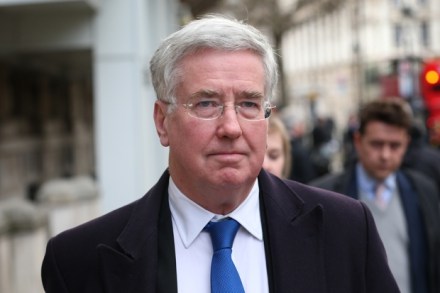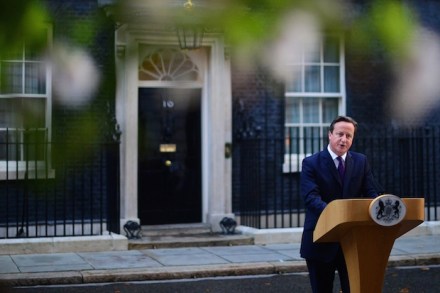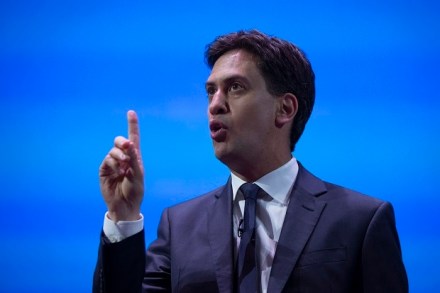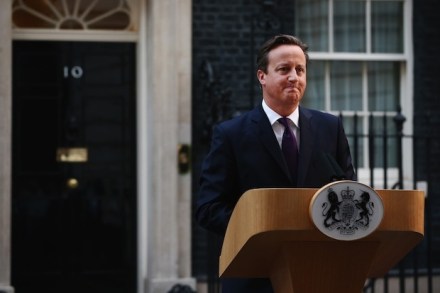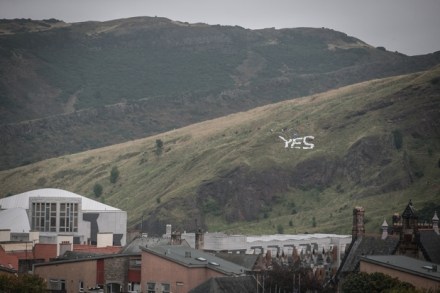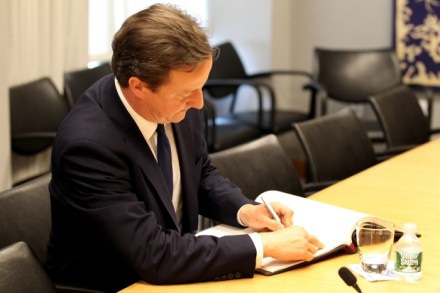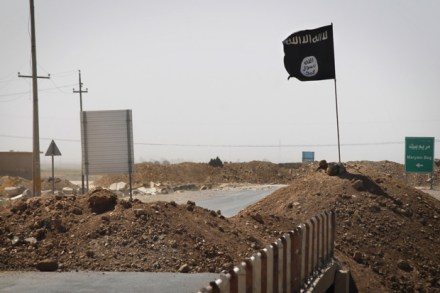Spectator letters: The best ‘never’ ever is in the Declaration of Arbroath Plus: BST for England, the problem for social workers, and C.P. Snow was not cold
Never say never Sir: Dot Wordsworth (Mind your language, 20 September) quotes various telling usages of ‘never’ for rhetorical or theatrical effect. But she missed one of the earliest and spine-chilling best: the Declaration of Arbroath of 1320. Quite apart from including the first-known written statement of the old Scottish principle that kingship is essentially a contractual appointment, and can be terminated if the people feel let down, the translation ends with: ‘For as long as but a hundred of us remain alive, never shall we on any conditions be brought under English rule.’ Even Scots like me, who would have voted ‘No’ last week if we had been able,









